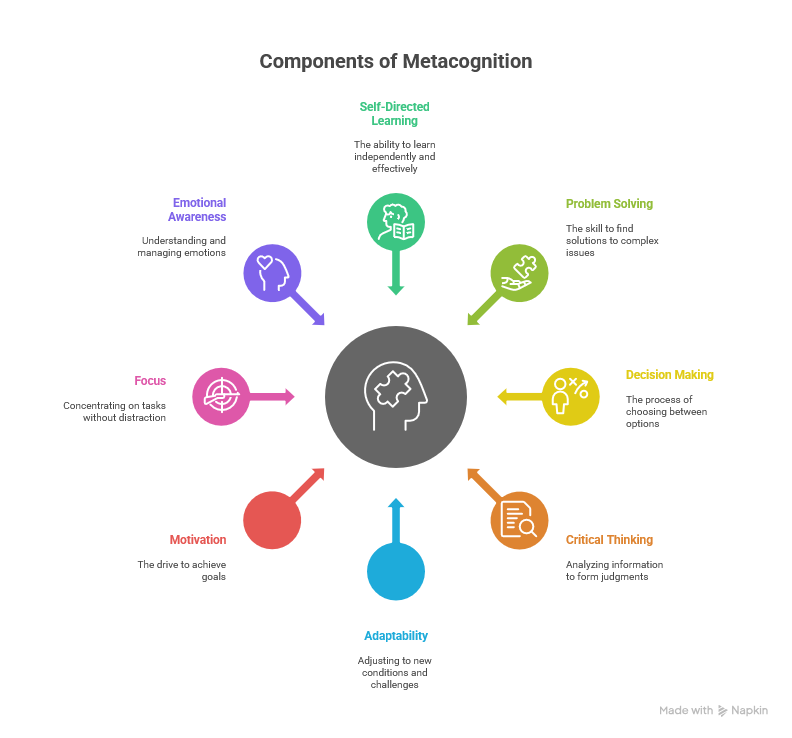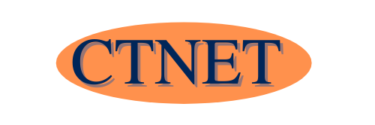Do you ever feel overwhelmed by the constant stream of information in our modern world? Struggling to focus on what truly matters? This feeling of information overload is a common side effect of living in the digital age.
A Personal Knowledge Management (PKM) system can help you manage this information overload, filtering it down to what you need. As an added benefit, it can also enhance your metacognitive abilities.
What is metacognition?
Metacognition is the awareness of your own strengths and weaknesses in areas such as:
- Self directed learning
- Problem solving
- Decision making
- Critical thinking
- Adaptability
- Motivation
- Focus
- Emotional awareness
Metacognition is becoming a vital skill today as we constantly need to adapt and learn new skills.

What is a PKM
Personal Knowledge Management (PKM) gained popularity in the 1990s as the Internet made vast amounts of information readily available, particularly to students.
The management of personal knowledge is both a fundamental challenge and a great opportunity for us.
Examples of PKM systems include the Zettelkasten and Digital Gardens. These systems help you build a connected web of knowledge from your ideas and thoughts, captured in notes and linked together.
How my PKM has impacted my Metacognition
Using a Personal Knowledge Management System (PKM) has helped me identify gaps in my knowledge, allowing me to focus on areas I want to improve. For example with the aid of my PKM and the Obsidian community plugin co-pilot, I’ve recently undertaken targeted reading to improve my AI prompt writing skills.
The permanent notes in my Zettelkasten each contain a single idea, written in my own words based on my understanding. This act of self-explanation is a key way to improve metacognition.
These permanent notes are linked to other notes containing related information, creating your own personal web of knowledge. This process is a form of concept mapping, which further enhances metacognition.
A Zettelkasten encourages non-linear thinking because all permanent notes are stored in a single folder, rather than separate folders for each course. The primary organisation within the Zettelkasten comes from tags and backlinks.
Tags allow me to group related ideas by subject, and a note can belong to multiple groups. Links connect notes to other related notes via backlinks, forming bidirectional links. This structure encourages non-linear thinking.
Finally, the Zettelkasten promotes active engagement with your notes as you distil original ideas into permanent notes. This active engagement, which occurs when the process feels most challenging, is where the real learning happens.
My PKM also includes a daily journal, which provides a space to reflect on my life and progress, leading to a better understanding of my strengths and weaknesses.
Conclusion
I hope this post has shown you the benefits of having a PKM. If you don’t already have one, I encourage you to consider starting today. It might just transform your life, as it has for me.
If you’re interested in starting your own PKM system, I recommend our post, “Introductory Guide to Zettelkasten.” If you’re still undecided, read my post, “Why You’ll Need a Personal Knowledge Management System in 2025“.
Sign up for our weekly newsletter to be kept up to date on our latest content.
